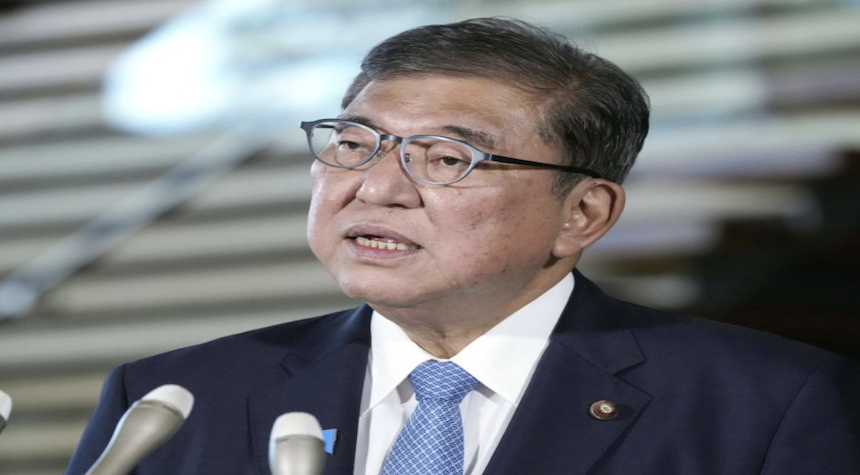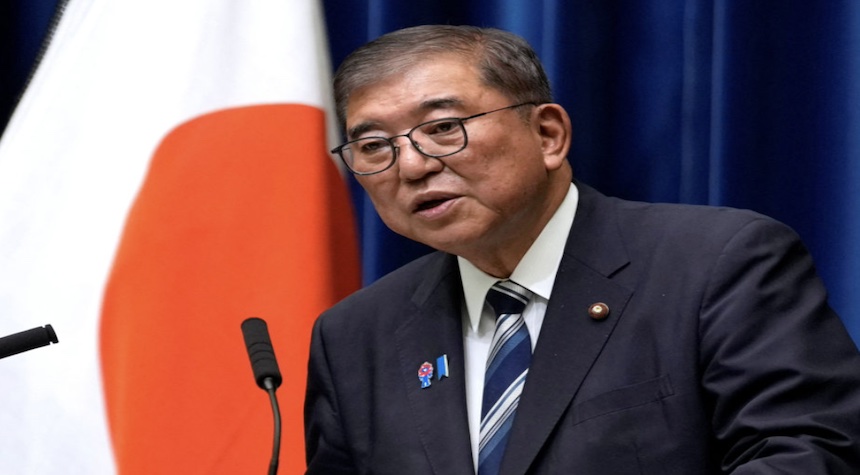Japan’s Prime Minister Shigeru Ishiba announced on Sunday that he will be stepping down from his position. This decision comes in response to increasing pressure from his party, following a historic defeat in July’s parliamentary election.
Ishiba, who assumed office in October, had been resisting calls for his resignation for over a month. Among his concerns was the potential creation of a political vacuum amidst key challenges both within and beyond Japan’s borders. However, the impending decision by his Liberal Democratic Party to hold an early leadership election, effectively a vote of no-confidence against him, seems to have been the final catalyst for his announcement.
During a televised press conference, Ishiba disclosed plans to initiate a party leadership vote to determine his successor, thereby negating the need for the contentious Monday decision. Had he chosen to remain in office, he would have faced mounting difficulties managing his divided party and minority government.
Also Check Out: Russia Grapples With Gasoline Crisis After Ukrainian Drone Strikes
In July, Ishiba’s ruling coalition failed to secure a majority in the upper house in a critical parliamentary election, further destabilizing his government. This defeat compounded an earlier loss in the lower house, where the party-led coalition had also lost its majority.

Preceding Ishiba’s announcement was a meeting with Agriculture Minister Shinjiro Koizumi and his perceived mentor, former Prime Minister Yoshihide Suga, who both reportedly suggested his resignation. Despite previous insistence on staying in power to avert a political crisis, a review of the election loss by the LDP last week, calling for a complete overhaul of the party, further pressured Ishiba towards his decision.
The LDP is expected to set a date for its party presidential election, possibly in early October. Potential candidates include Koizumi, as well as ultra-conservative former Economic Security Minister Sanae Takaichi, Chief Cabinet Secretary Yoshimasa Hayashi, and former Prime Minister Fumio Kishida’s protege.
The next LDP leader will need to navigate a difficult political terrain, working with opposition parties to pass bills or else face the threat of no-confidence motions. However, the opposition parties are too fragmented to form a substantial coalition capable of toppling the government.
This development follows earlier reports that Ishiba had successfully negotiated with U.S. President Donald Trump to lower the tariff rates on Japan from 25% to 15%. In addition, LDP Secretary General Hiroshi Moriyama, a key figure who negotiated with opposition leaders to pass legislation, has announced his intention to step down over the election loss, further shaking the stability of the government.
The resignation of Prime Minister Ishiba and the potential resignation of Moriyama raise important questions about the future direction and stability of the Japanese government.

